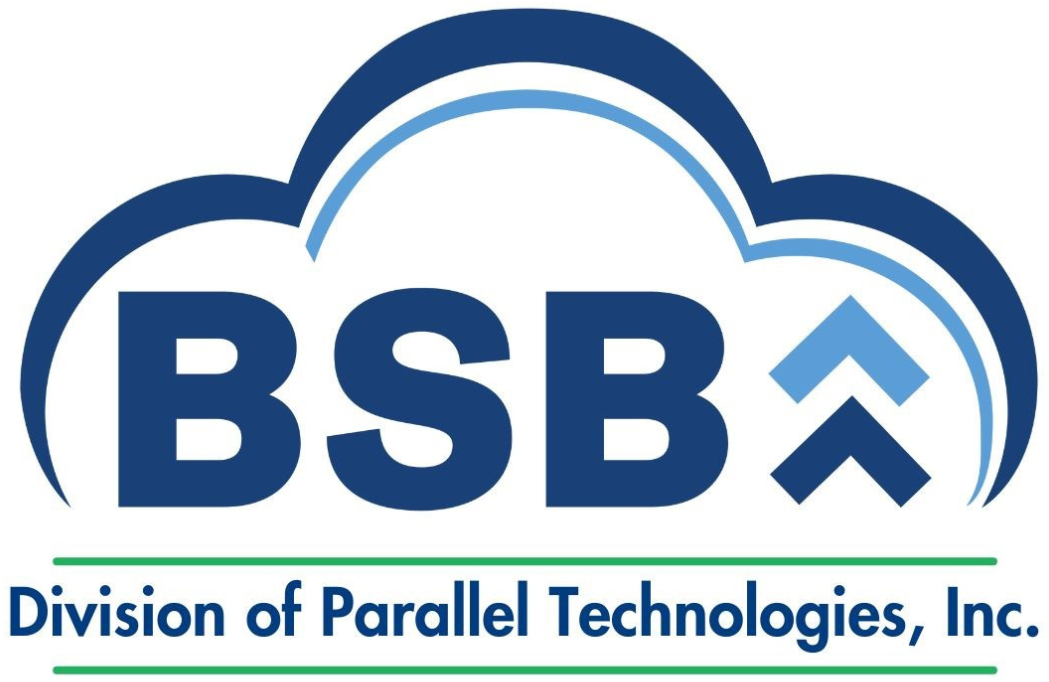Every Business Today Has a Contact Center
While the term “contact center” often conjures up images of large, centralized operations, every business, regardless of size or industry, has its own version of a contact center. Even the smallest businesses interact with customers in ways that can be considered contact center functions.
- Social Media: Businesses use social media platforms to respond to customer inquiries, address complaints, and foster relationships.
- Email Support: Many businesses offer email support as a primary means of customer interaction.
- In-Store Customer Service: Retail stores and restaurants have customer service representatives who interact with customers face-to-face.
- Phone Support: Even small businesses often have a phone number for customers to call.
Building Relationships and Improving Customer Experience
All these interactions aim to develop relationships with customers and enhance their overall experience. Whether a small business owner responding to a customer’s email or a large corporation’s contact center agent handling a complex support issue, the underlying principle is the same: putting the customer first.
By understanding the needs and concerns of their customers, businesses can create more personalized and satisfying experiences. This can lead to increased customer loyalty, positive word-of-mouth, and business growth.
Every business, regardless of size or industry, has a contact center function. By effectively managing these interactions, companies can build strong relationships with their customers and drive success.
Is your business struggling to provide exceptional customer experiences?
BSB is here to help.
Our expert team can optimize your workflows and processes to ensure your customers receive the highest level of service, no matter the size of your business.
Contact us today to schedule a consultation and discover how BSB can transform your customer experience


